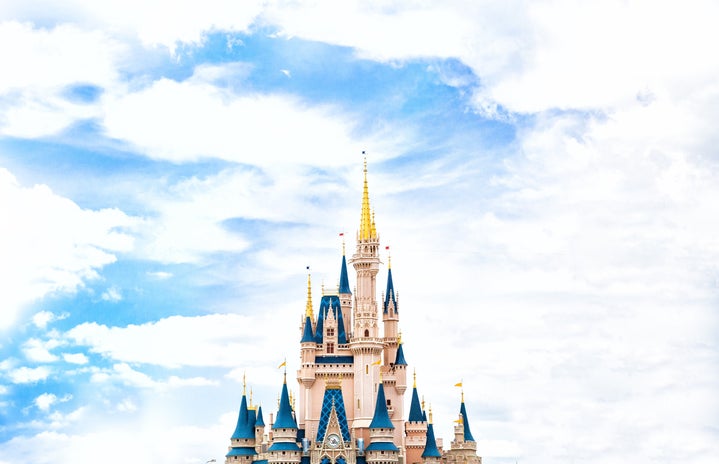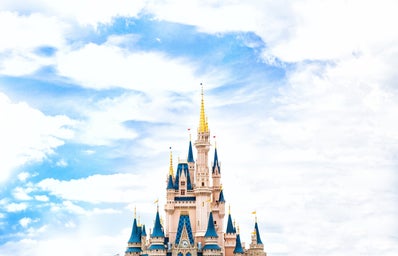As of right now, I am 20 years old and recognized by the U.S. government as an adult. I also happen to be a very big fan of the Disney Parks and all of the magic that comes with them. However, on social media there has been a surge in videos and posts expressing disdain for “Disney Adults.”
According to Urban Dictionary, a “Disney Adult” is defined as “a millenial adult, with or without kids, that can’t stop talking about Disney, including both the movies and the parks. Even if they do have kids, they are still more obsessed than their kids would be. They probably engage in casual ‘Disneybounding’ and visit the theme parks at least once a year. They are obsessed with everything Disney, and probably have a Mickey Mouse bumper sticker or tattoo. One of the most terrifyingly intense people you’ll ever encounter.”
Clearly, that definition is long and passionate, and serves as a clear example of some of the views of us Disney-loving adults on the internet. However, I am here to clear my name, and the name of many other adults who love Disney, and distance myself from the stigma of Disney Adults.

Looking through the definition, we see first that a “Disney Adult” is a millennial who can’t stop talking about Disney. Firstly, I am not in fact a millennial, but rather part of Gen Z. That being said, I understand why this stigma targets millennials, because those are the kids who grew up in the peak resurgence of all things Disney. The ‘90s were an arguably amazing time for the Walt Disney Company, with movies such as The Lion King, The Little Mermaid, and Aladdin making their debut.
With an amazing childhood like that, it makes sense that millennials feel a specific nostalgia associated with Disney. However, as a proud 2000s kid, I too feel much of that same nostalgia surrounding Disney movies. And yet, I don’t have the opportunity to brag about the joys of being a “‘90s kid,” which makes my desire to express my love for movies that came out before I was born a little less strong. Although “Disney Adults” and people like me all feel the same love for Disney, I’m far less likely to meet the definition’s standards of “can’t stop talking about it.”
The next point in the definition I want to focus on is “Disneybounding.” For those of you who don’t know, “Disneybounding” is when people will dress in a fashion that resembles the outfits of their favorite Disney characters, without being in costume. It came to be when Disney Parks made the decision that only children can attend the parks in costume.
Luckily, Disney Adults are very crafty and found a very creative workaround to this rule in Disneybounding. I must take a moment to defend some of the creative Disneybounders out there—a lot of people have found very cool ways to work modern fashion into classic Disney characters. That being said, if I plan to spend eight hours walking around in the Florida sun, the likelihood of me taking the time to dress like a Disney character is unlikely. Thus, this is for sure a tradition that is more often held by passholders, who visit the parks multiple times a year.
This of course brings me to my last point, which is that Disney vacations are still vacations for me. I feel like an unspoken trait of Disney Adults is that they are often passholders who go to Disney World or Disneyland many times a year. For me, and for many of us who love Disney, we love it because of the nostalgia and the history, but not enough to spend every weekend there.
All this to say, there is nothing wrong with being a “Disney Adult,” and everyone should always express themselves and the things they enjoy. But people needs to be more aware of what they mean when they use this term, because I am an adult who loves Disney, but I am not a “Disney Adult.”
Want to keep up with HCBU? Make sure to like us on Facebook, follow us on Instagram, check out our Pinterest board, and read our latest Tweets!




